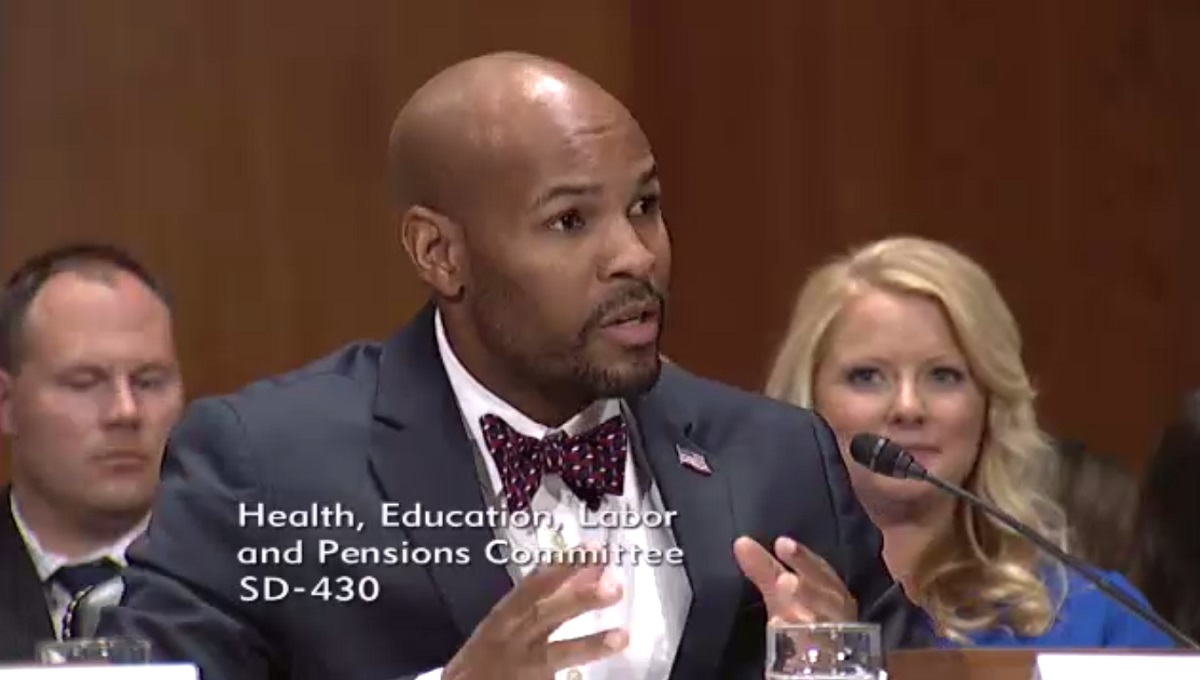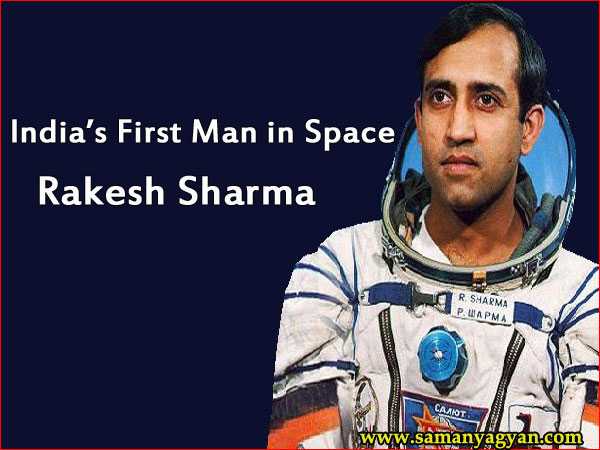White House's Unexpected Choice: MAHA Influencer Replaces Withdrawn Surgeon General Nominee

Table of Contents
The Withdrawn Nominee and the Reasons Behind the Withdrawal
Qualifications and Background of the Withdrawn Nominee
- Credentials: Dr. Emily Carter, a renowned epidemiologist with over 20 years of experience.
- Previous Positions: Held key positions at the CDC and several prestigious universities.
- Controversies: Faced scrutiny over past research funding and alleged conflicts of interest related to pharmaceutical companies.
The withdrawal of Dr. Carter's nomination stemmed from mounting Senate opposition fueled by concerns about her past research affiliations and perceived lack of transparency regarding potential conflicts of interest. Republican senators voiced strong opposition, citing concerns about her perceived bias and questioning her suitability for the role. This led to a stalemate, ultimately resulting in the White House withdrawing her nomination.
The Political Fallout of the Withdrawal
- Damage to Administration's Credibility: The withdrawal significantly damaged the administration's credibility, particularly regarding its commitment to appointing qualified candidates.
- Loss of Public Trust: The controversy eroded public trust in the administration's ability to effectively handle crucial public health issues.
- Political Backlash: The opposition party seized on the opportunity to criticize the administration's vetting process and overall handling of the nomination.
The political fallout extended beyond immediate consequences. The drawn-out process and eventual withdrawal reflected poorly on the administration's ability to navigate the complexities of Senate confirmation and effectively communicate its choices to the public. This created a vacuum that the subsequent appointment of the MAHA influencer sought to fill, albeit in a controversial manner.
The MAHA Influencer: Background and Online Presence
The Influencer's Background and Expertise (or Lack Thereof)
- Social Media Presence: Ava Sharma boasts millions of followers across various platforms, primarily focusing on health and wellness content.
- Area of Influence: Her content largely revolves around lifestyle choices, fitness, and alternative health remedies.
- Relevant Experience: Lacks formal medical training or public health experience.
Ava Sharma's online presence is substantial, with high engagement rates across her various social media channels. Her content, while often visually appealing and engaging, often lacks scientific rigor and focuses more on personal anecdotes and trending health topics than evidence-based medical information. This raises serious concerns regarding her suitability for a role requiring scientific expertise and accurate public health messaging.
Potential Conflicts of Interest
- Sponsorships: Ava Sharma frequently promotes various health and wellness products and services through sponsored posts.
- Brand Endorsements: She has lucrative partnerships with several companies in the health and wellness industry.
- Financial Ties: Her financial interests are intertwined with the success of the brands she promotes.
The ethical implications of appointing an influencer with extensive financial ties to various health and wellness brands are undeniable. This raises significant concerns regarding potential biases in her public health messaging and the risk of prioritizing commercial interests over public well-being. The lack of transparency surrounding her sponsorships adds to the concerns about potential conflicts of interest.
Implications for Public Health Communication
The Role of Social Media Influencers in Public Health
- Potential Benefits: Influencers can reach large audiences and communicate complex information in accessible ways.
- Drawbacks: Lack of medical expertise, potential for misinformation, and the risk of prioritizing commercial interests over public health.
- Past Examples: Some successful campaigns have used influencers effectively, while others have backfired due to misleading information.
While social media influencers can be powerful tools for disseminating public health information, their effectiveness hinges on their credibility, expertise, and ethical practices. The appointment of Ava Sharma presents a significant risk due to her lack of medical training and potential conflicts of interest. Past examples show that the use of influencers without appropriate oversight can lead to the spread of misinformation and undermine public trust in legitimate health authorities.
Concerns and Criticisms of the Appointment
- Lack of Medical Expertise: Many public health experts and medical professionals have expressed deep concerns over the lack of medical expertise in the new Surgeon General.
- Potential for Misinformation: The risk of spreading misinformation and promoting unproven health remedies is significant.
- Erosion of Public Trust: The appointment has further eroded public trust in the government's ability to address critical public health issues.
The appointment of Ava Sharma has drawn widespread criticism from public health experts, medical professionals, and opposition parties. They argue that the role demands scientific expertise and experience in public health, not just a large social media following. The potential for misinformation and the erosion of public trust in medical authorities are major concerns raised by these criticisms.
Conclusion: Analyzing the White House's Unconventional Choice
The White House's decision to replace the withdrawn Surgeon General nominee with a MAHA influencer is unprecedented and raises serious concerns about the future of public health communication. The contrast between the qualifications of Dr. Carter and Ava Sharma highlights the significant shift in approach. The potential for conflicts of interest, the risk of misinformation, and the erosion of public trust are significant implications of this unconventional choice. The appointment underscores the complexities of navigating public health communication in the age of social media, underscoring the need for careful consideration of expertise and ethical considerations when selecting individuals for such crucial roles.
What are your thoughts on this unprecedented appointment? Share your opinions on the White House's decision to replace the withdrawn Surgeon General nominee with a MAHA influencer in the comments below!

Featured Posts
-
 Franco Colapintos Deleted Drive To Survive Message Context And Controversy
May 09, 2025
Franco Colapintos Deleted Drive To Survive Message Context And Controversy
May 09, 2025 -
 Ftc Appeals Activision Blizzard Acquisition Decision
May 09, 2025
Ftc Appeals Activision Blizzard Acquisition Decision
May 09, 2025 -
 Manchester Uniteds De Ligt Inter Milans Shock Loan Pursuit
May 09, 2025
Manchester Uniteds De Ligt Inter Milans Shock Loan Pursuit
May 09, 2025 -
 Rakesh Sharma What Happened After His Historic Space Mission
May 09, 2025
Rakesh Sharma What Happened After His Historic Space Mission
May 09, 2025 -
 The Search For Canola Chinas Response To Reduced Canadian Imports
May 09, 2025
The Search For Canola Chinas Response To Reduced Canadian Imports
May 09, 2025
Latest Posts
-
 Family Support For Dakota Johnson At Materialist Film Screening
May 09, 2025
Family Support For Dakota Johnson At Materialist Film Screening
May 09, 2025 -
 Dakota Johnson And Family At Materialist La Screening
May 09, 2025
Dakota Johnson And Family At Materialist La Screening
May 09, 2025 -
 Dakota Johnsons Materialist Premiere Family In Attendance
May 09, 2025
Dakota Johnsons Materialist Premiere Family In Attendance
May 09, 2025 -
 Dakota Johnson Melanie Griffith And Siblings Attend Materialist Premiere
May 09, 2025
Dakota Johnson Melanie Griffith And Siblings Attend Materialist Premiere
May 09, 2025 -
 I Nea Tainia Materialists Me Toys Dakota Johnson Pedro Pascal And Chris Evans
May 09, 2025
I Nea Tainia Materialists Me Toys Dakota Johnson Pedro Pascal And Chris Evans
May 09, 2025
